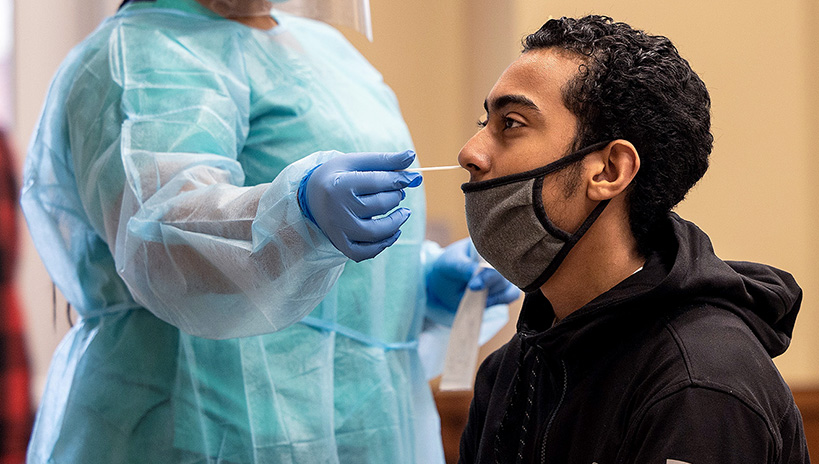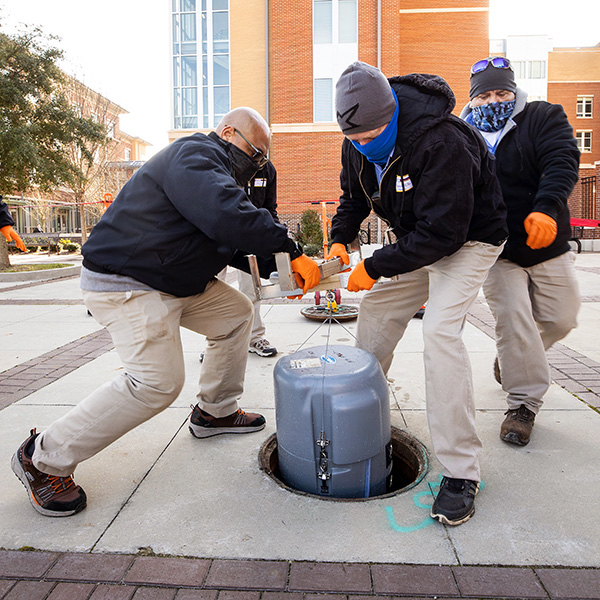Testing Time | Eastern North Carolina Now
Saliva testing will begin in February for ECU students, faculty and staff



| 4pm Update — Coastal Storm Impacts — Beaufort Co. | East Carolina University, School News, The Region, Neighboring Counties | COVID-19 Response |
|
Republicans Bokhari and Driggs retain seats on city council.
Published: Tuesday, March 26th, 2024 @ 12:50 am
By: Carolina Journal
|
|
Members of the North Carolina Rural Health Association (NCRHA) visited Washington, D.C., on Feb. 14, 2024, to meet with elected officials and advocate for policies to improve access to care in rural areas.
Published: Wednesday, February 28th, 2024 @ 12:51 am
By: Eastern NC NOW Staff
|
|
The US Supreme Court will not take the case of Virginia-based owners of a Dare County beach home who challenged the county's COVID-related shutdown in 2020.
Published: Tuesday, February 6th, 2024 @ 10:14 pm
By: Carolina Journal
|
|
The North Carolina State Fair is set for the Raleigh state fairgrounds from October 12-22, 2023
Published: Friday, February 2nd, 2024 @ 9:01 am
By: Carolina Journal
|
|
A $2.5-billion-dollar bond referendum is slated to be placed on the November ballot this year, as Charlotte-Mecklenburg Schools (CMS) looks for support to fund 30 different projects in the school district.
Published: Sunday, January 14th, 2024 @ 10:08 am
By: Carolina Journal
|
|
Five Asheville-area residents are suing the city in federal court for refusing to appoint them to the local Human Relations Commission. The residents claim they were rejected because they are white.
Published: Saturday, December 9th, 2023 @ 11:53 am
By: Carolina Journal
|
|
Federal grant expands midwifery care for North Carolina
Published: Wednesday, November 29th, 2023 @ 2:59 pm
By: ECU News Services
|
|
Pirates achieve historic sponsored activities funding
Published: Tuesday, November 28th, 2023 @ 10:03 am
By: ECU News Services
|
|
Innovative new MBA pathway provides leadership experiences for students, companies
Published: Saturday, November 18th, 2023 @ 10:42 am
By: ECU News Services
|